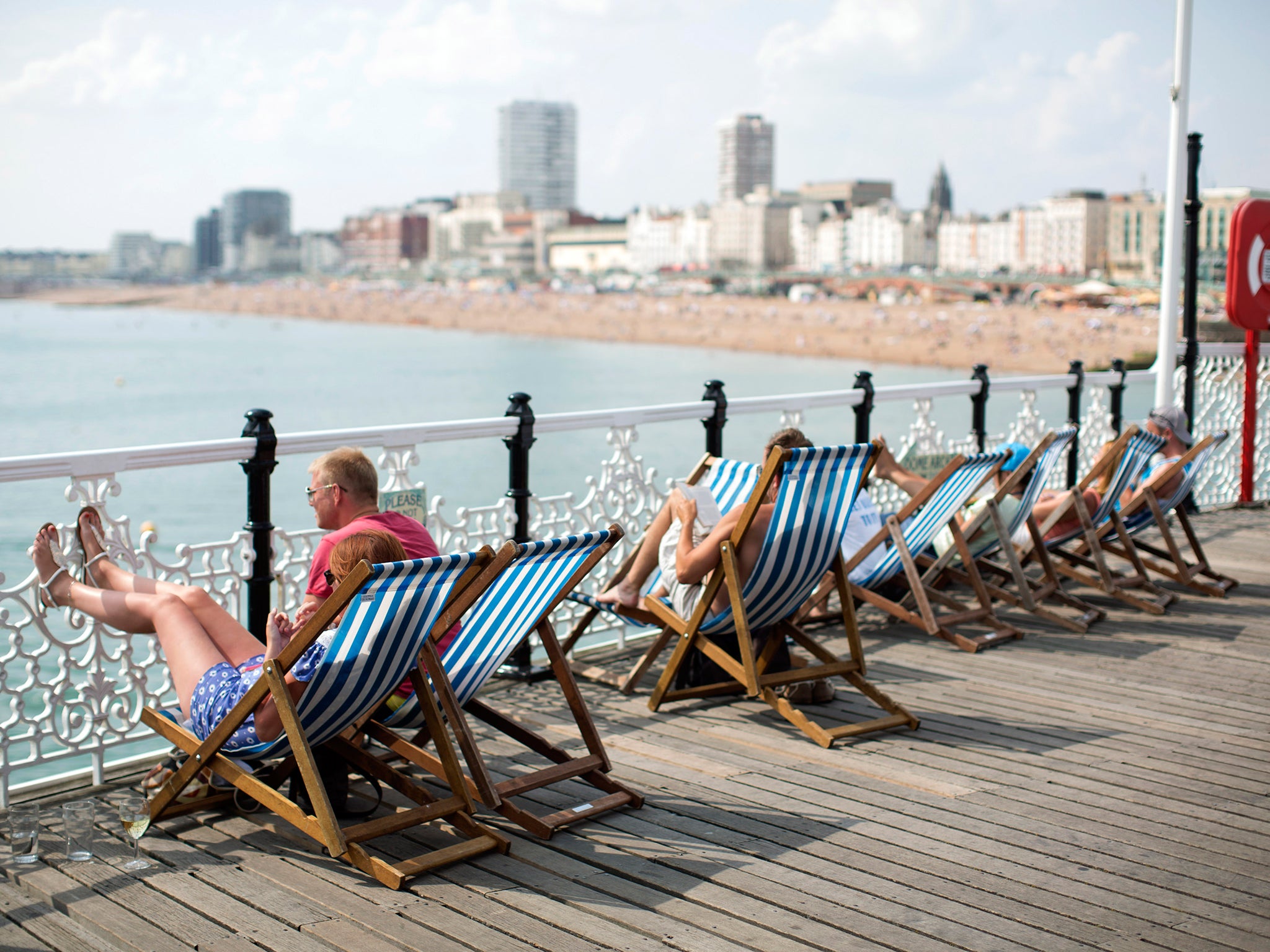
The British Pound has fallen as much as 22 percent since the referendum on leaving the European Union. This has been good for the tourism industry in Britain, as it’s now cheaper to visit the country for tourists from abroad. But what about outbound tourism? The rest of the world is now more expensive for outbound British tourists.
As of 2014, Britain had the fifth highest number of outbound tourists in the world. It ranked just behind the USA, which has a far higher population. British tourists make up a sizeable chunk of the tourism industries in many countries, especially in Europe, the Middle East, and South-East Asia.
The referendum was in June 2016, and the impact on outbound travel from the UK was muted for 2016. However, many of those holidays may have been booked and paid for before the referendum. The stats for 2017 will only be available in the first quarter of 2018 so, until then, a little guesswork is required.
It’s unlikely that the upper end of the market was affected that much. Wealthy people can afford to take the knock of a more expensive holiday. They also tend to have their wealth diversified around the world and hedged. These days, hedging the value of one’s assets is actually available to the middle market too. Options are an effective way to hedge currencies and index exposure, and brokers like IG have made options trading available to the retail market, which means that even those who made their money in other fields have access to tech-savvy investment options. In addition to being able to afford more expensive accommodation and destination options, this group is more likely to use technology to book their travel.
It's different for the middle and lower end of the market. For these segments, holiday spend comes down to what they can afford after they have made essential purchases. The UK Office for National Statistics reported that even before the referendum, lower-income households were spending a higher proportion of their income on food and energy. With the weaker currency, they have less to spend on holidays that are effectively more expensive.
So, it's the destinations popular among lower-income British tourists that will be hardest hit. But it could also be an opportunity for the destinations that become the cheaper alternative.
Britain is the third most popular source of tourists in Turkey. From 2015 to 2016, the number of arrivals in Turkey from the UK fell from 2.5 million to 1.7 million. Clearly, Turkey’s incoming tourism from the UK was negatively affected.
On the other hand, the fourth most visited city in the world, Dubai, actually saw arrivals increase after the referendum. Dubai is a little different, as it is also a transport hub, and many tourists stop off en route to other destinations.
Another popular destination for UK tourists is Thailand, which saw a modest increase in arrivals from the UK between 2015 and 2016. However, in 2017, numbers seem to have dropped off for the period from January to October.
In most cases, the increases and decreases in arrivals from Britain have been modest and accounted for a small number relative to all incoming tourists. Only Turkey appears to have taken a big knock. But going forward, those in the tourism industry may need to keep an eye on this market. British citizens travel more than the citizens of most nations. They are unlikely to stop travelling but their travel patterns may change.
For operators in the tourism industry, this means they need to position themselves as the slightly cheaper alternative to some of the destinations people used to visit. As of November 2017, Expatistan rates Turkey as 12% cheaper than Thailand.
This is an opportunity that Turkish tourism operators can use to position Turkey as a cheaper destination. There may be little a destination can do about the tourists they lose but that doesn't mean they can't attract new tourists to take their place.
